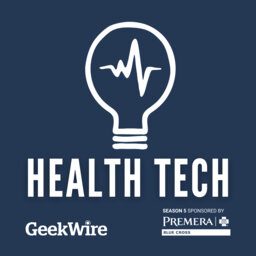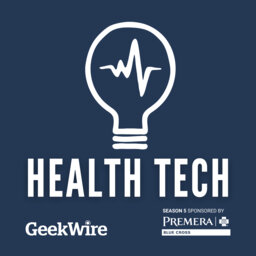Can virtual assistants make healthcare more human?
Peek into a random hospital room in the U.S. today, and you might see something that makes you cynical about technology. The classic scene is of a provider talking with a patient as they face the opposite direction and take detailed notes on a computer. In other words, the patient's only face-time with their doctor is spent staring at the back of his or her neck.
Beyond the loss of human interaction, the long hours spent entering these notes at the end of the day have placed a well-documented burden on clinicians, leading to elevated rates of burnout, depression and suicide.
"The average clinician spends two to three hours at night, after hours doing mundane data entry work. We've turned physicians into the highest paying data entry people in the planet," said Ryan Plasch, vice president of growth and strategy at Saykara, a startup that makes a voice assistant for clinicians.
On the latest episode GeekWire Health Tech podcast, we have the second episode in a two-part series on the rise of voice assistants in healthcare. We'll hear from Saykara and Tuzag, two Seattle-area startups that are creating a future where voice assistants make healthcare more human by freeing doctors from their keyboards and even forming relationships with patients.
 GeekWire Health Tech
GeekWire Health Tech


